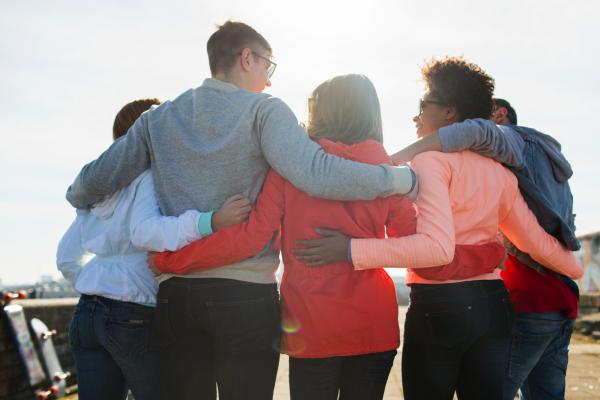Apr 8, 2016
Will we sit and listen to a refugee mother talk about her family’s horrific life in her war-torn country, and realize we’re no longer afraid of her? Will we talk to the gay couple that needs a cake and hear their love story, and feel a bond because it reminds us of our own love story? Will we look into the eyes with the homeless person begging just outside our car window and see another human being in pain, and suddenly feel an urge to help them? Will we make ourselves divinely vulnerable?
In that moment, we reach beyond our fear. We’re finally freed by love. No longer hiding in a tiny room behind a locked door. That. We all need more of that.
Read the Full Article

Already a subscriber? Login
